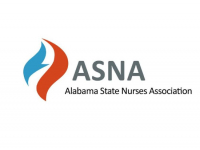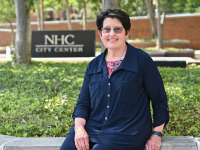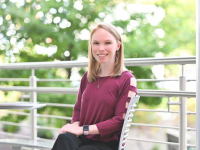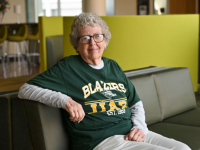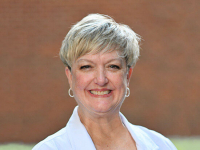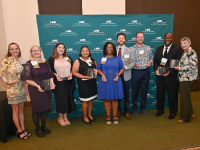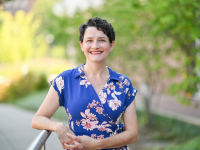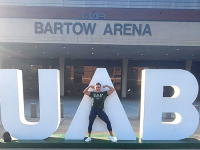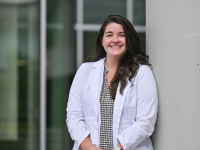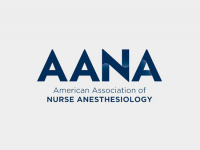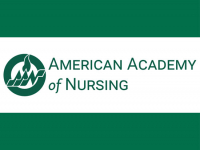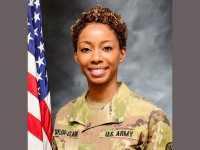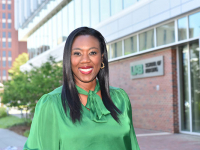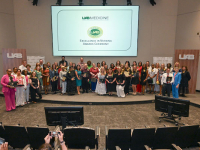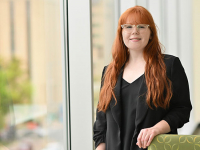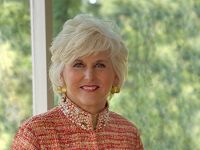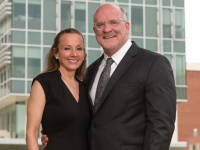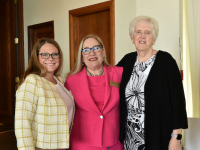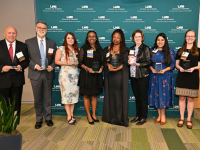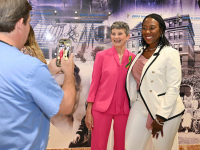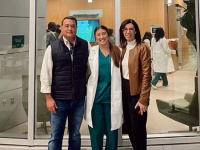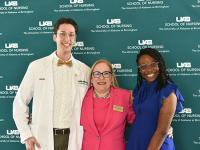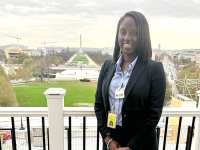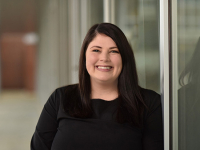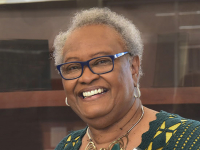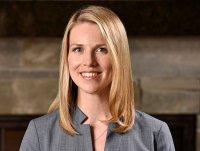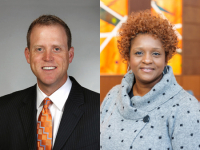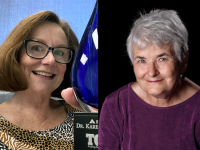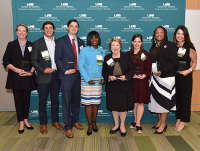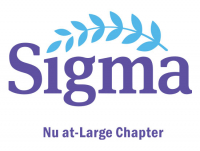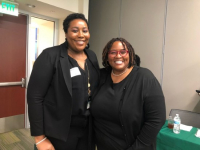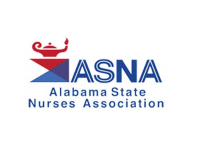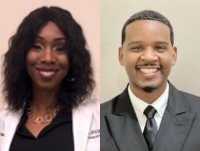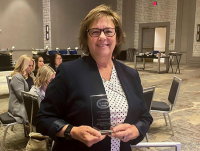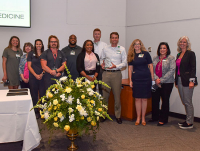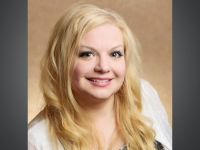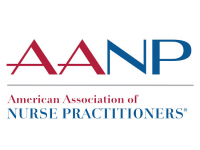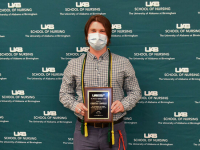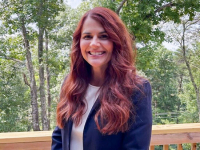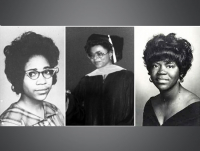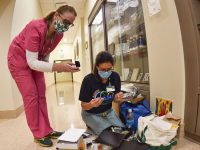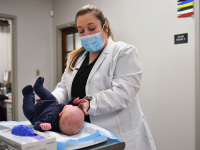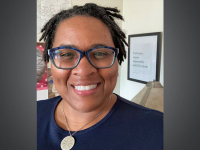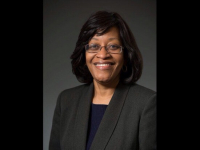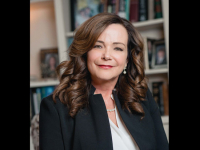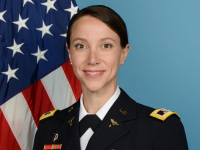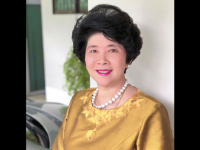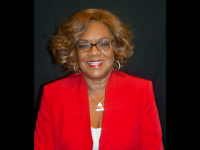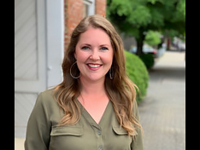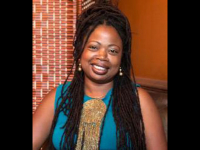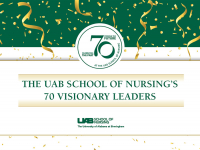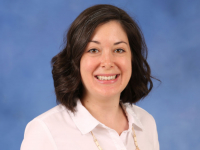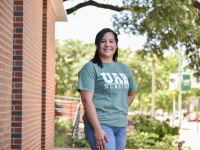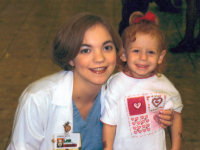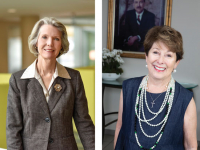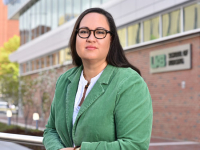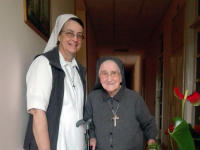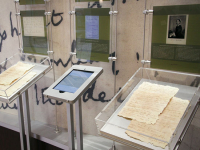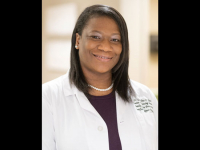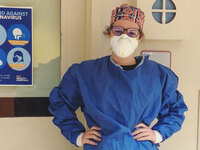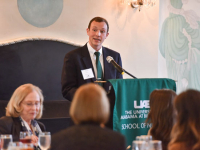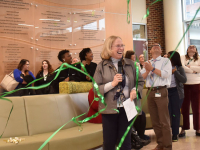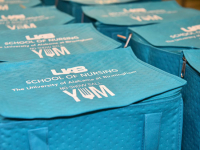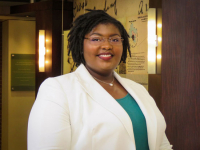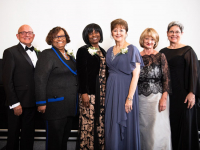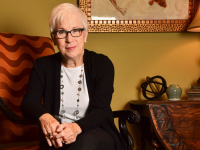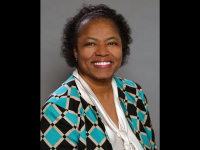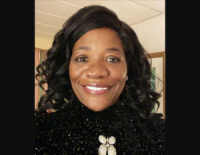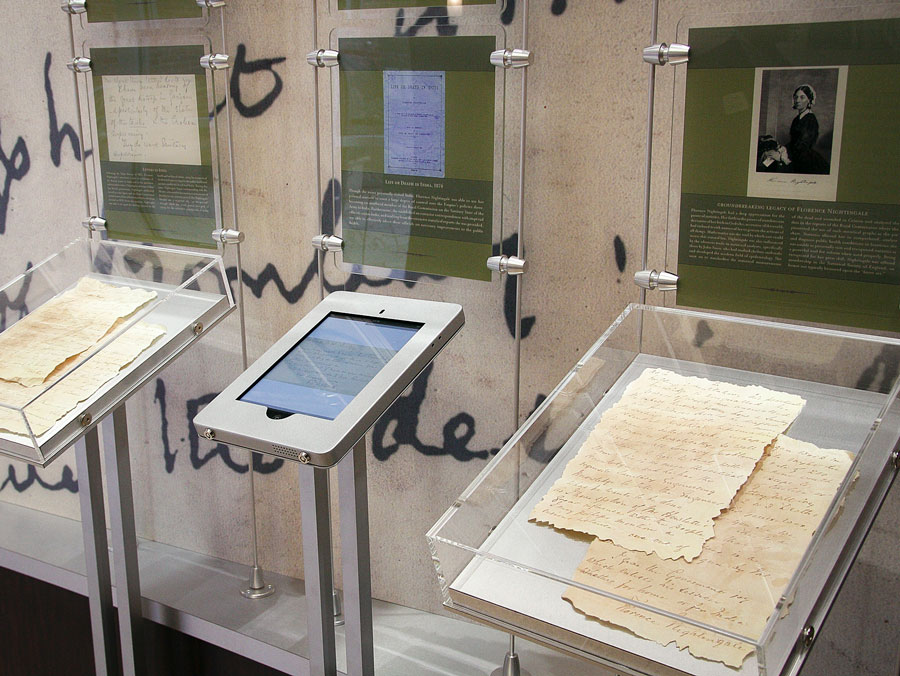 Eight additional original letters written by the founder of modern-day nursing Florence Nightingale have joined the 50 original letters already held in the University of Alabama at Birmingham’s Florence Nightingale Letters Collection and will soon be on digital display in the UAB School of Nursing’s Barrett Brock MacKay Florence Nightingale Exhibit.
Eight additional original letters written by the founder of modern-day nursing Florence Nightingale have joined the 50 original letters already held in the University of Alabama at Birmingham’s Florence Nightingale Letters Collection and will soon be on digital display in the UAB School of Nursing’s Barrett Brock MacKay Florence Nightingale Exhibit.
These letters were generously donated by The Upper Room Christian Art Museum in Nashville, part of The Upper Room, the headquarters of an international ministry of the United Methodist Church, upon the closure of the museum in January 2020. The letters are now held in the Reynolds-Finley Historical Library on behalf of the UAB School of Nursing.
Like the letters already featured in the Barrett Brock MacKay Florence Nightingale Exhibit, the eight new letters provide a unique teaching tool across undergraduate and graduate programs in the UAB School of Nursing.
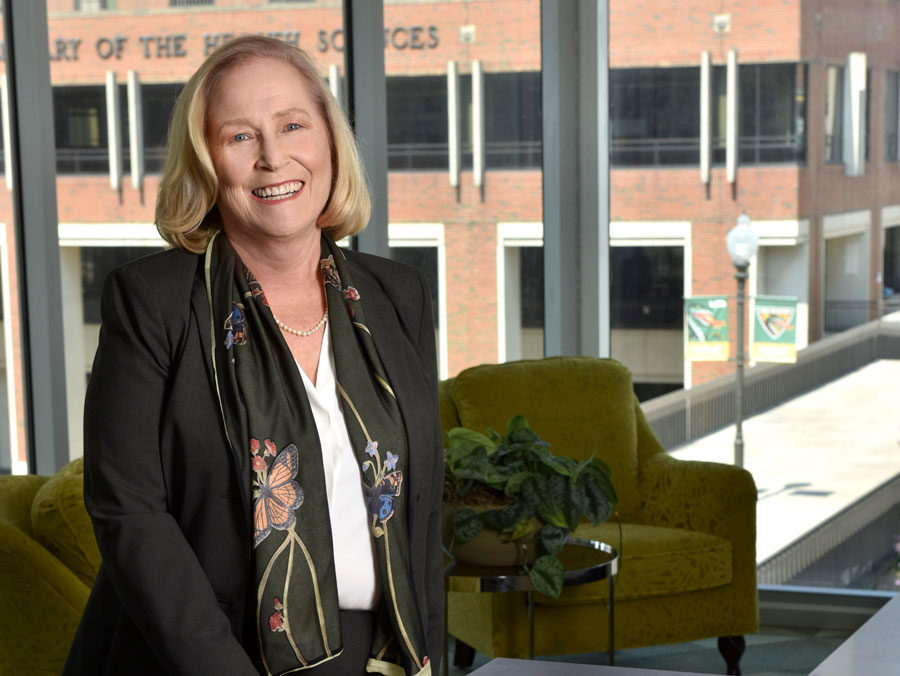 “Nursing is not necessarily a profession people consider when thinking about studying the impact history has on our work today, but the lessons learned from Florence Nightingale and her work in cleanliness, sanitation and hygiene continue to be relevant today, especially as we work to fight the COVID-19 pandemic,” said UAB School of Nursing Dean and Fay B. Ireland Endowed Chair in Nursing Doreen C. Harper, PhD, RN, FAAN. “There are crucial lessons that she documented for us in all of our letters, and we can apply this knowledge from the classroom to practice, improving the health and lives of people and families everywhere.”
“Nursing is not necessarily a profession people consider when thinking about studying the impact history has on our work today, but the lessons learned from Florence Nightingale and her work in cleanliness, sanitation and hygiene continue to be relevant today, especially as we work to fight the COVID-19 pandemic,” said UAB School of Nursing Dean and Fay B. Ireland Endowed Chair in Nursing Doreen C. Harper, PhD, RN, FAAN. “There are crucial lessons that she documented for us in all of our letters, and we can apply this knowledge from the classroom to practice, improving the health and lives of people and families everywhere.”
Retired UAB School of Nursing Professor Carol Dashiff, PhD, was visiting The Upper Room Museum just before it closed to see its famous nativity collection. On their way out, she and her friend spoke with the now-retired curator, Kathryn Kimball. Not only did they find out the museum was looking for a new home for much of its collection, they discovered the collection also included original Florence Nightingale letters.
“It was serendipitous,” Dashiff said. “When she said they were looking for another group to take them, I immediately told her about UAB and its letters and gave her the dean’s name and UAB School of Nursing.”
Kimball called Harper and together they orchestrated the transfer and donation of letters. Soon after, the letters made their way to UAB with the support of the School’s Office of Development and UAB Central Advancement and the librarians at the Reynolds-Finley Historical Library. Peggy Balch, MA, MS, Curator of the Reynolds-Finley Historical Library, has been working to get the letters digitized so they could be shared online and in the Nightingale Exhibit in the School.
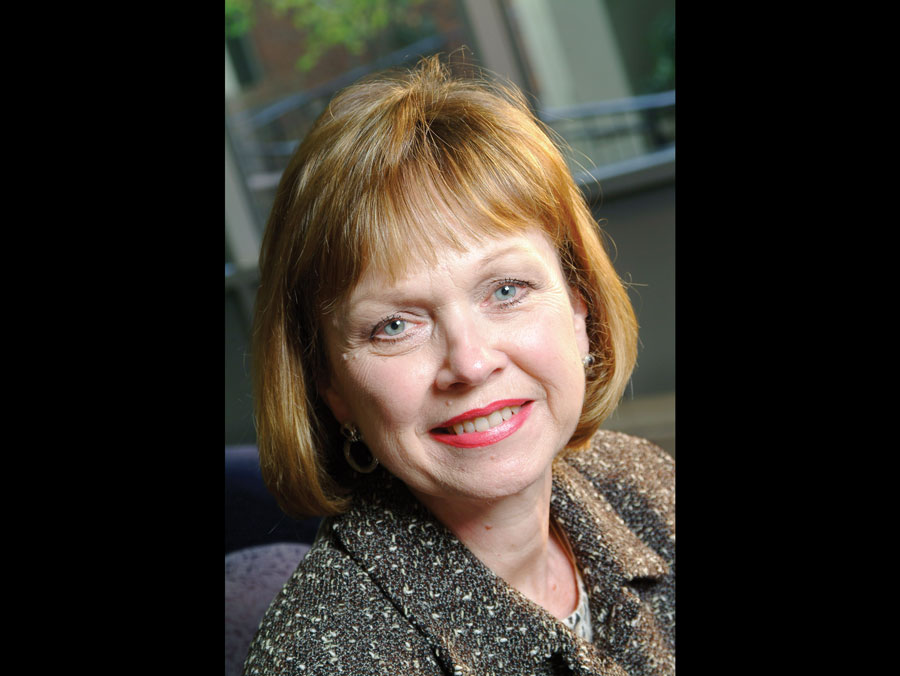 “Dr. Carol Dashiff is a scholar and has a deep appreciation of Nightingale’s contributions to the history of nursing and health care,” Harper said. “We are so grateful to Carol, so excited to add these additional eight letters to UAB’s Nightingale Letter Collection and Display.”
“Dr. Carol Dashiff is a scholar and has a deep appreciation of Nightingale’s contributions to the history of nursing and health care,” Harper said. “We are so grateful to Carol, so excited to add these additional eight letters to UAB’s Nightingale Letter Collection and Display.”
The new letters range in date from 1855 to 1893 and discuss such topics as public health in India and Nightingale’s ongoing charity and relief work, which are also covered in the original letters donated by Dr. Lawrence Reynolds in 1958. They further demonstrate that Nightingale gathered information and exerted influence on those within the British government in relation to India and public health. Not only did she maintain an active correspondence with physician and health officer Dr. Thomas Gillham Hewlett in India, but she also kept abreast of parliamentary discussions and met with the Secretary of State for India, Sir Stafford Northcote, to review the public health situation. One of the new letters concerns Nightingale’s well-known hospital work in Balaklava during the Crimean War, the experience that originally made her a famous and heroic figure to not only the nursing profession but to all of health and health care.
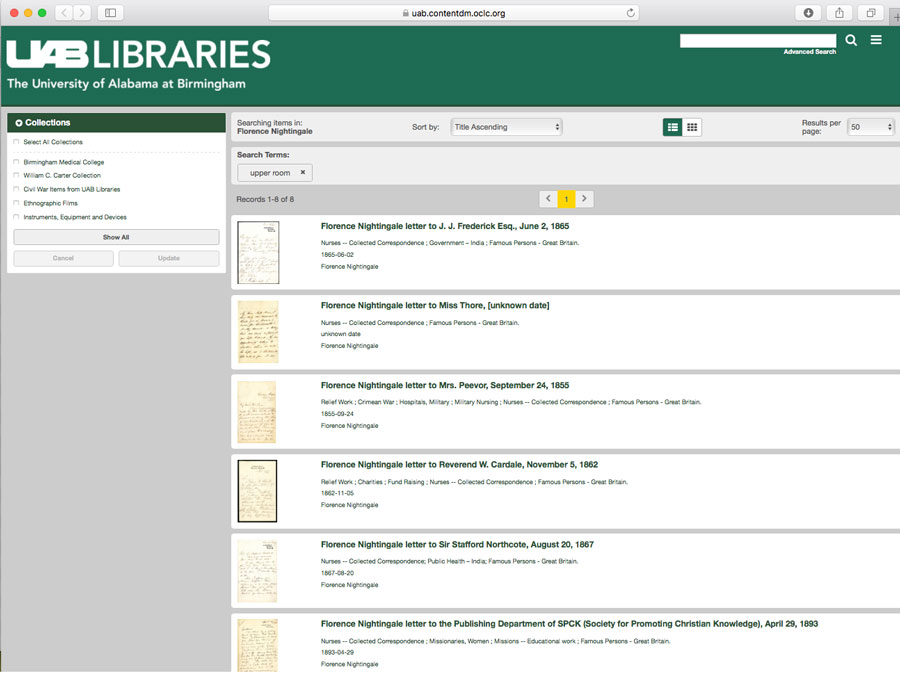 The new letters, along with the original, can be viewed online here via the Reynolds-Finley Historical Library’s Digital Collections.
The new letters, along with the original, can be viewed online here via the Reynolds-Finley Historical Library’s Digital Collections.
The 50 original letters were donated to the UAB School of Medicine in 1958 by Alabama native Lawrence Reynolds, MD, who bought them in a New York used bookstore in 1951. They were first brought to life in the School of Nursing in 2008 when a donation from the Delia and John Robert Charitable Trust made it possible for them to be digitized, transcribed and published online, and became a true teaching tool in 2012 with the creation of the Barrett Brock MacKay Florence Nightingale Exhibit inside the UAB School of Nursing.
Alumna Barrett Brock MacKay, her husband, Rick, and her parents’ foundation — the Harry B. and Jane H. Brock Foundation — made the lead donation to name the Barrett Brock MacKay Florence Nightingale Exhibit. The exhibit is an interactive display that shares the letters and focuses on Nightingale’s contributions to modern health care, public health and evidence-based research.
Harper said these new letters complement the existing collection in their content and timeline and are a wonderful addition to the existing collection, helping broaden our perspective on Nightingale’s global leadership and influence in the areas of sanitation, hygiene, and caring for vulnerable populations so characteristic of nursing then and now.
Dashiff, who retired from the School in December 2011, said being able to be part of bringing these new letters to UAB “tickles” her.
“Some things in life are just meant to be,” she said.

